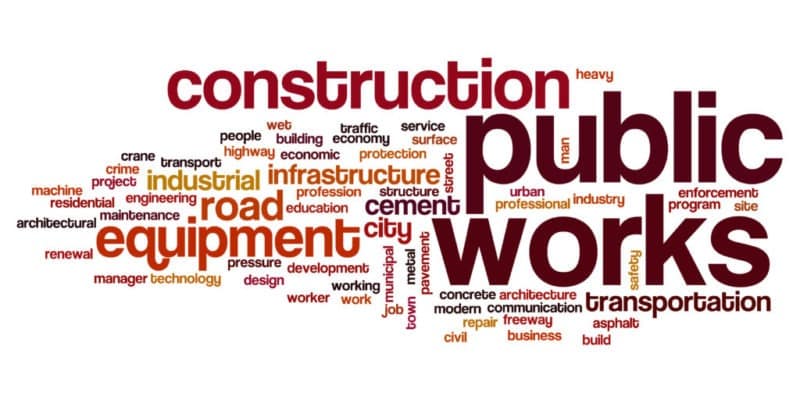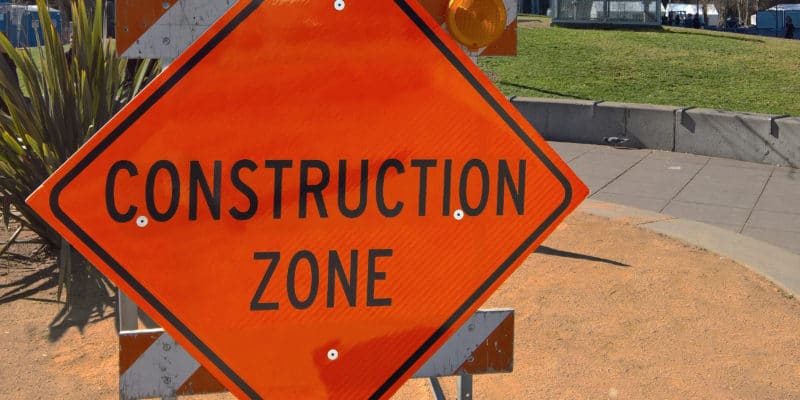Kokomo Tribune
Oct 13, 2019
Many of us are earning what we made last year, maybe even the year before that.
By many measures the economy is improving: the unemployment rate continues to edge down to historic levels while job growth is up. But one stubborn indicator of recovery remains stagnant: Wages in the U.S. have been low and relatively flat since 2009.
Workers’ share of corporate income has plummeted dismally in the past 25 years, according to the Economic Policy Institute, a nonprofit, nonpartisan think tank dedicated to economic policy discussions. The Great Recession, from 2007 through 2012, put significant downward pressure on pay.
Yet in 2015, the Indiana Legislature ended the common construction wage. The Republican-led initiative did away with a state law setting the minimum wage that contractors working on public projects must pay.
Supporters suggested the local boards that determine the wage were artificially inflating wages and said elimination of the provision would lower project costs and save taxpayer money.
A study released only last year indicates the opposite is true.
A Midwest Economic Policy Institute study released in January 2018 said repeal of the prevailing-wage law in Indiana “has failed to produce any taxpayer savings on school construction projects and has had a negative effect on wages, job growth, productivity and other economic and industry indicators.”
The study, which included the work of Colorado State University-Pueblo economics professor Kevin Duncan, found:
* An 8.5% drop in wages in blue-collar construction jobs.
* A 15.1% drop in wages for the lowest-paid construction workers.
* A 5.3% slower rate of productivity compared to neighboring Midwest states with prevailing wage laws.
* A 1.5% slower rate of job growth in public works than neighboring Midwest states.








